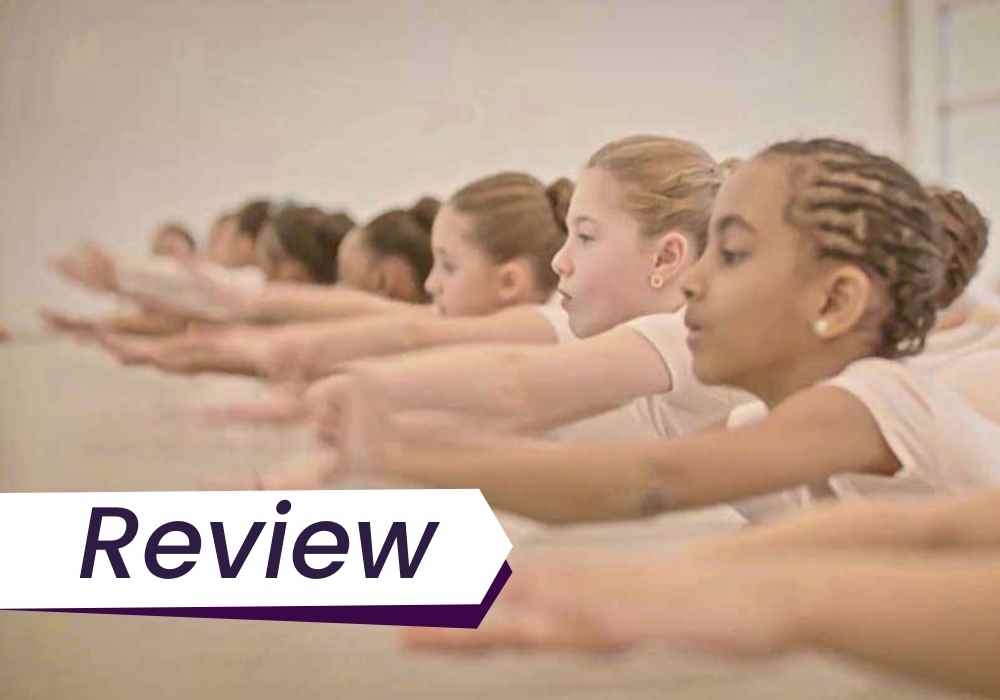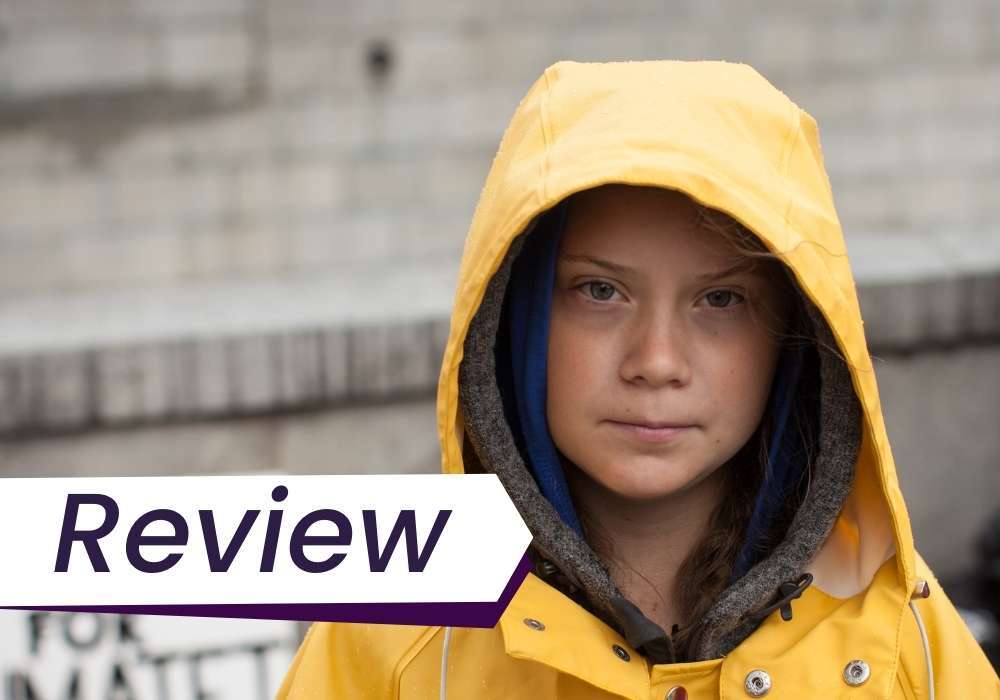Debbie Lum’s documentary Try Harder! follows students at Lowell, a high-achieving SF high school with a predominantly Asian student body.
Check out all our Sundance coverage and sign up to our Sundance mailing list here.
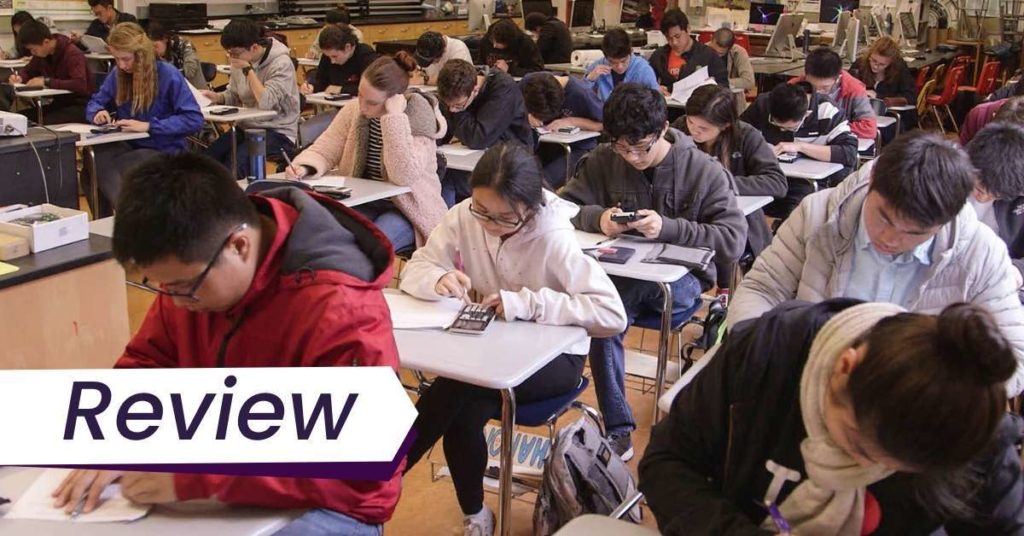
Keep up to date with what’s good at Sundance 2021 by signing up to our Sundance mailing list. You’ll get brief, daily bulletin emails telling you what to watch that day and linking to our coverage.
Click here to make the most of your Sundance experience.
“Lowell is the ultimate self-confidence crusher,” says a student at the beginning of Debbie Lum’s documentary Try Harder!. Lowell is the first ranked public high school in San Francisco; it has an extremely selective admissions process, so even students who were top of their class at their last school come to Lowell and realise that all their peers were, too. Refreshingly, though, Lum’s film isn’t a narrow look at the rigorous demands of just this one school. She illuminates why the school and its students feel that academically excelling is the only way forward, and how systemic racism means Lowell’s predominantly Asian American student body faces unique challenges when trying to secure their futures.
I’m a resident of the UK, where the higher education system is incredibly elitist, but it’s still possible to succeed in a well-paying career if you didn’t go to one of the country’s top-ranked universities. Watching Try Harder! revealed to me how much emphasis is placed on which college you go to in the US — as if the price of going to any college at all weren’t huge enough. It was a worrying, claustrophobic watch, but an illuminating one.
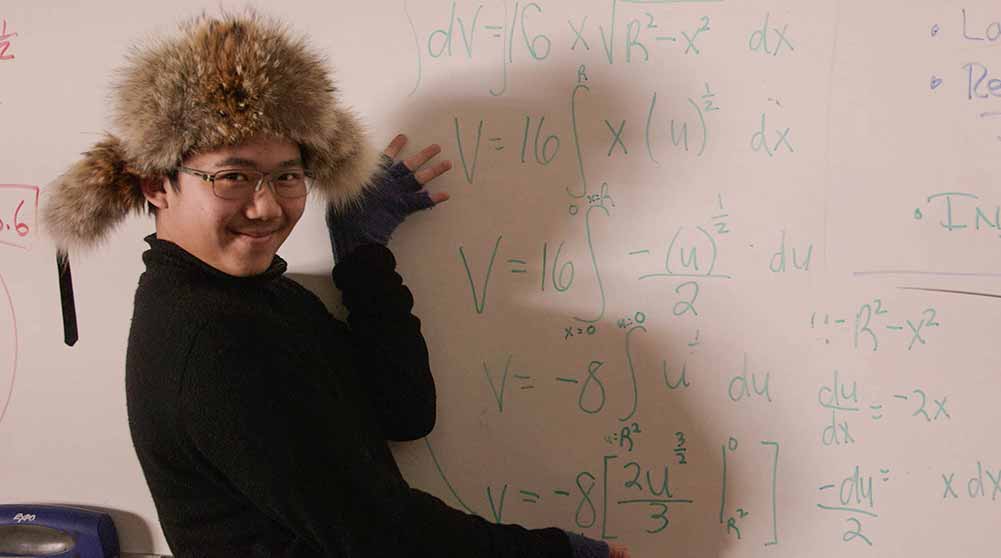
Lum follows a few select students through their final year at Lowell, during which time, they complete their final exams and apply to the colleges of their dreams. We get a sense of what motivates each student when Lum invites us into their homes and to meet their families. Many of the students’ families are East Asian immigrants, and as one student notes, college is a huge goal for immigrant families. Some students find it difficult to extricate their own desires from those of their parents.
Lum’s exploration of racial tensions in the education system is some of the film’s strongest material. One of the students she follows is a mixed-race Black girl, who confides to camera the racist microagressions she’s received from fellow students (“I didn’t expect Black people to care about grades”). Lum has a keen eye for the pressure and judgement the mixed-race student feels as a minority in her school and country. At the same time, Lum explores the particular form of systemic bias that causes American colleges to dismiss high-performing Asian students. The film discusses how admissions boards, who make their decision based on personality as much as grades, tend to dismiss Asian students as “work horses” and view them as a monolithic group.
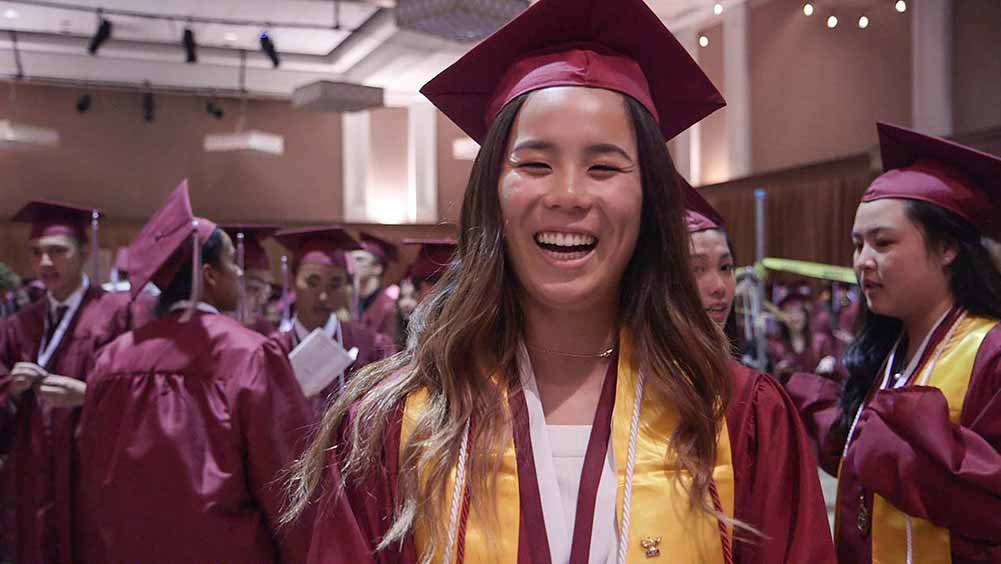
The smart and likeable students we follow in Try Harder! worry that their lives will be over if they don’t get into a top college, and Lum’s film indicts a society that places less worth on those who can’t attend an expensive, exclusive college. In particular, Stanford comes out of Try Harder! looking very bad. Stanford is the most coveted college of the Lowell students, and the United States as a whole, and yet teachers at Lowell insist they divert their dreams elsewhere. A teacher gives a slideshow presentation about college applications, and one slide proclaims, in large letters, that they won’t get into Stanford because “You’re Asian!” The class laughs; despite its competitive nature, Lowell is at least a place where the staff and students openly discuss institutional racism, preparing them for the barriers they’ll face in the real world. Stanford is not. Stanford admissions officers excuse their unwillingness to accept Asian students through euphemisms, like saying they want “a different kind of student” or students who aren’t “like machines.”
The film’s intimate focus on the lives of the students is compelling, if a little limiting at times; some added context about what the students are studying, the approach of their classes, and how the education system at large operates may have enriched the film’s insights. Perhaps that narrow view is due in part to Lowell’s own limited scope: the school, as presented in Try Harder!, trains its students for academic pursuits, positioning high-salaried jobs that require a top quality education as the one and only goal. We only hear from the students and their parents, and no teachers or experts, so we’re somewhat trapped in their stressed out, tunnel-vision viewpoint. We’re given little idea of an alternate approach to education. Still, Lum’s film is one of the smarter Sundance docs I’ve seen in the program thus far, and it features some of the most endearing subjects.
You could be missing out on opportunities to watch great films like Try Harder! at virtual cinemas, VOD, and festivals.
Subscribe to the Seventh Row newsletter to stay in the know.
Subscribers to our newsletter get an email every Friday which details great new streaming options in Canada, the US, and the UK.
Click here to subscribe to the Seventh Row newsletter.

